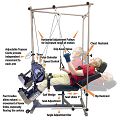
Specifically intended to improve movement of a specific joint of the body, range of motion (ROM) therapy focuses on increasing the distance and direction a joint can move between the flexed and extended positions. Influenced by several structures such as the composition of the bone surfaces within the joint, along with the tendons’, ligaments’ and muscles’ activity on the joint, this motion can become physiologically impaired for various reasons. ROM therapy can help in three different ways: with passive therapy, active therapy and active-assist therapy.
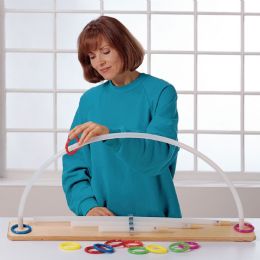
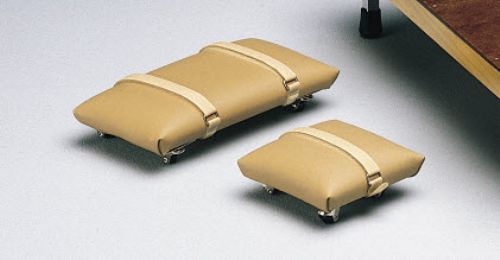
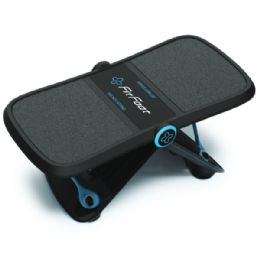
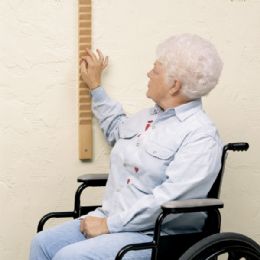
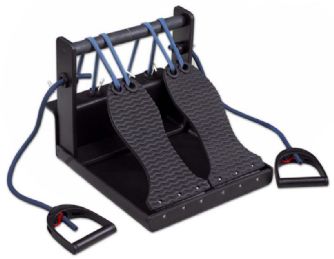
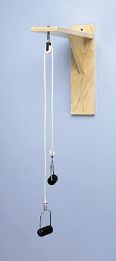
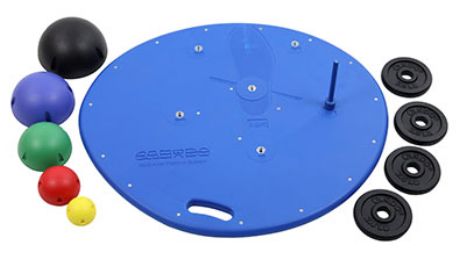
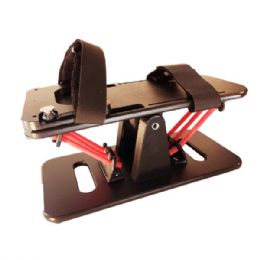
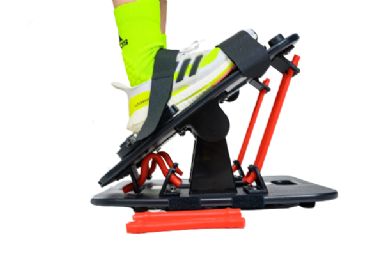
.jpg&newheight=260&quality=80)

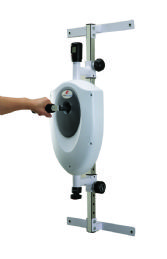
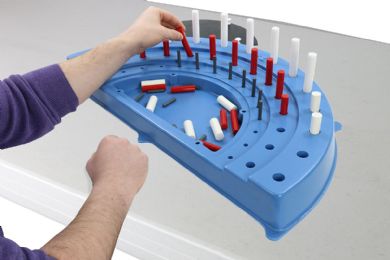








What is Range of Motion (ROM)?
Just as your therapist measures your gait, strength, balance, and flexibility, testing your range of motion abilities is the simple measurement of the amount of movement in and around a specific joint. Each body joint has a normal ROM, expressed in degrees, which can be measured with a goniometer instrument. If you are experiencing a decreased range of motion in a knee or elbow, for example, your therapist assesses your starting, baseline ROM before any intervention takes place. Subsequent readings are then reapplied periodically as treatment protocols progress, to determine changes taking place on the road to recovery.
It is important for patients to understand what their own range of motion measurements are, and what their goal ROM may be. Working towards a goal of a normal range of motion capabilities can help ensure a safe and rapid return to a patient’s own optimum functional mobility. ROM therapy attempts to increase the distance and direction in a joint that can move between the extended and flexed positions through the use of exercise, with or without the use of machines and devices.
Inextricably linked with functional independence, ROM gives us the ability to move our legs, trunk, and arms, crucial functions that without which we would not be able to adequately care for ourselves. A patient suffering decreased ROM in the shoulder will not be able to shampoo the top of his or her head, or a patient with decreased ROM in the ankle could greatly increase his or her risk of falls because of losing balance. There are a number of health issues that can contribute to restricted ROM such as arthritis, disease, swelling and inflammation, infection, muscle spasms, and problems with body mechanics.
The 3 Types of Range of Motion Therapy